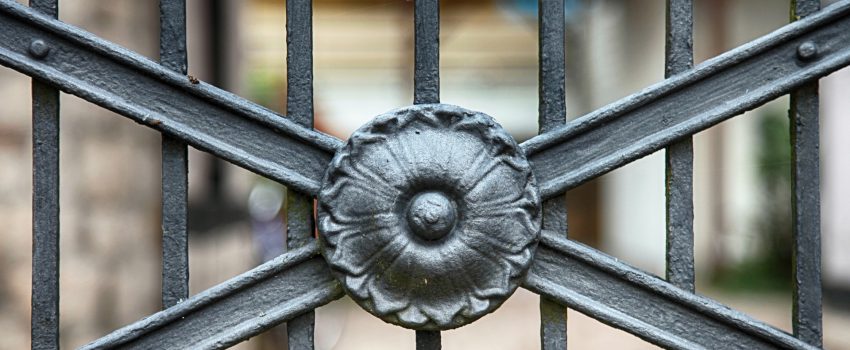Judicial foreclosure is the process where the lender files a lawsuit in civil court against the delinquent borrower and receives a judgment for foreclosure and the deficiency balance.
The judgment is enforceable against the borrower and guarantor, and includes the right to foreclose against the asset and force its sale to cover the outstanding loan balance.
Benefits of Judicial Foreclosure
While nonjudicial foreclosure is a popular option in the lending industry, judicial foreclosure offers numerous benefits which may make it more ideal in some situations, including:
- The lender has a greater degree of flexibility in enforcing a judgment and proceeding against the borrower for the outstanding debt, especially in cases where the property is over-encumbered.
- A lender is more likely to get repaid following a judicial foreclosure.
- A judgment lasts for ten years—and can be renewed for a further five years; and
- The associated costs are reasonable.
After receiving the judgment for money damages and foreclosure from the court, there are several collection methods available to lenders:
Recording “Abstracts of Judgment”
This functions as a lien on any real property in counties where the borrower owns any interest in real estate and serves as notice to anyone wanting to determine the validity of title or the credit worthiness of the borrower. After an abstract has been filed by a lender, it becomes a secured creditor in a bankruptcy or comparable proceeding.
Garnishing wages and bank levies
If the debtor is employed, the wages are garnished by the sheriff (using your judgment). Similarly, the sheriff will seize money in a bank account or assets in a safe deposit box.
Judgment Debtor Examinations
Assuming the debtor has not agreed to pay, the lender sets his Judgment Debtor Examination, which is an examination of the debtor by the Lender’s attorney, under penalty of perjury, held at the courthouse. The debtor is subpoenaed to appear and ordered to produce documents related to his assets, including tax returns, bank statements, copies of leases, deeds, etc. If the debtor does not appear or cannot produce the requisite documentation, the Court will typically issue a bench warrant for the debtor’s arrest.
Shortcomings of Non-Judicial Foreclosure
Though nonjudicial foreclosures are generally more popular than judicial foreclosures, they have shortcomings. In a nonjudicial foreclosure, a notice of default is sent to the delinquent borrower, affording them a period to cure the default. If the debtor fails to do so, a notice of sale of the property is issued for a 90-day window. If the default still has not been cured, then property is auctioned. Whatever entity is the highest bidder at the foreclosure auction will have ownership of the property subject to all superior liens, which are those recorded against the property prior to the date of the assessment lien. These are most commonly any outstanding mortgages on the property. If there is no bidder for the asset, the lending entity takes ownership of the property subject to all superior liens and subject to the debtor’s right to redeem the property within 90 days following the auction.
If the property has enough equity, a third party will typically bid on it; however, if there is little to no equity in the property, the lender receives no benefit from the nonjudicial foreclosure process. The following is a list of additional issues associated with the nonjudicial foreclosure process:
- Nonjudicial foreclosures offer the creditor only a single chance to collect—namely via auctioning the property. The creditor cannot collect against the borrower for money damages at all after the foreclosure sale, which holds true even if a property sells for less than the outstanding loan balance.
- Lenders often choose nonjudicial foreclosure, assuming it is always more efficient as it does not involve the judicial system. The nonjudicial method, however, is also dependent on third-party entities that can significantly prolong the process. Nonjudicial foreclosures are conducted with the help of private trustees, who are sometimes backlogged for several months. Further, nonjudicial foreclosures are usually for administrative reasons and can be very complex, often resulting in legal issues related to due process and fairness issues down the road.
It is a common misconception that nonjudicial foreclosure is always more efficient, faster, and less costly than a judicial foreclosure; however, that may not always be the case.






